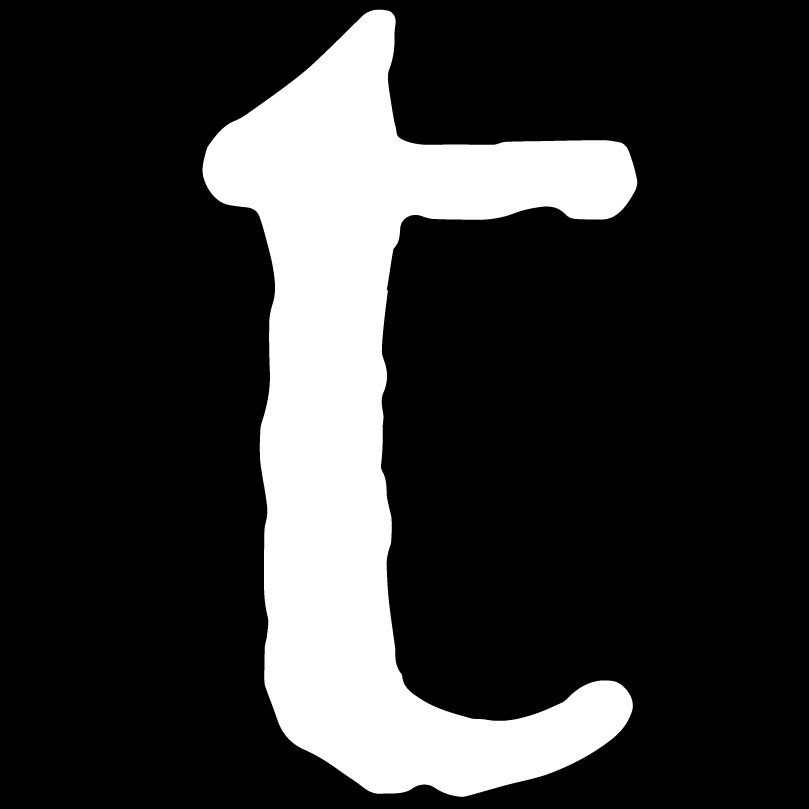
DHS Nominee Pulls Out as Role at CIA Is Studied
Peter Finn and Walter Pincus - The Washington Post
Interrogations of suspects are cited.
A longtime CIA official chosen by President Obama to be the intelligence chief at the Department of Homeland Security withdrew from consideration yesterday after it became apparent that senators examining his nomination planned to scrutinize his role in the agency's interrogation of terrorism suspects.

Philip Mudd, a former deputy director at both the CIA's Office of Terrorism Analysis and the National Counterterrorism Center has withdrawn his name from consideration to head Homeland Security. (Photo: Cook / The Associated Press)
Philip Mudd, a former deputy director at both the CIA's Office of Terrorism Analysis and the National Counterterrorism Center, was scheduled to appear next week before the Senate as the nominee for undersecretary of intelligence and analysis at Homeland Security.
"I know that this position will require the full cooperation with Congress and I believe that if I continue to move forward I will become a distraction to the president and his vital agenda," Mudd said in a statement.
Obama accepted Mudd's withdrawal "with sadness and regret," the White House said.
Mudd, currently a senior counterterrorism official at the FBI, faced an increasingly charged political atmosphere on Capitol Hill about the CIA's interrogation program. Mudd's nomination was to be taken up by both the Senate Select Committee on Intelligence, which by law has jurisdiction over his confirmation, and by the Senate Homeland Security and Governmental Affairs Committee, which has authorization responsibility for his department.
Over the Memorial Day recess, Mudd met with senior staff members of the Homeland Security panel whose interest was primarily how he would handle issues of intelligence sharing with state and local police units. When, near the end of a two-hour session, they went over Mudd's CIA positions from 2001 to 2005, it became apparent that questions about harsh interrogations, renditions and allegations that Iraqi President Saddam Hussein had links to al-Qaeda would have to be explored, according to a person at the session who asked not to be identified because he was not authorized to discuss the matter.
"Since he was deputy director of the counterterrorism center, he was going to be asked whether interrogation produced useful intelligence, and if it didn't, why didn't he stop it?" the source said.
As a result of that session, Mudd's Homeland Security Committee hearing date was pushed to June 9, which was five days after he was scheduled to appear before the Senate intelligence panel.
John O. Brennan, Obama's first pick to head the CIA, also withdrew from consideration after questions were raised by some of the president's liberal allies about Brennan's involvement with the interrogation program. Brennan is now the assistant to the president for homeland security and counterterrorism, a position that does not require Senate confirmation.
Former colleagues of Mudd's expressed dismay at the decision.
"If the White House, Justice and the senior leadership on the seventh floor at Langley is formulating this policy, a guy supposed to implement counterterrorism policy is now held accountable for those policies? That's foolish," said Roger W. Cressey, a counterterrorism official in the Clinton and Bush administrations who worked with Mudd on the National Security Council. "You're absolutely undercutting the ability of the government to do its job when people like him get caught in this undertow. This guy is an apolitical career civil servant, a true subject-matter expert."
Republicans described Mudd as the victim of retroactive hand-wringing by some Democrats.
"Mudd's nomination is the latest political casualty of a terror-fighting program no one in Congress objected to until it became politically risky," said Sen. Christopher S. Bond (Mo.), the ranking Republican on the intelligence committee, in a statement.
